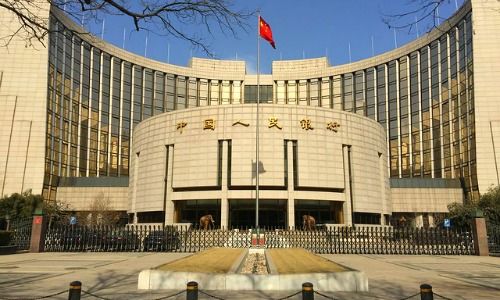Chinese Banks Face Liquidity Squeeze
The Chinese government's takeover of Baoshang Bank has disrupted the willingness of larger banks to lend to smaller ones, leaving some strained for liquidity.
The takeover of Baoshang Bank, an Inner Mongolia-based commercial bank, by state authorities last month is resetting the rules for interbank trading in China, as only RMB50 million ($7.3 million) of the bank's negotiable certificates of deposit were guaranteed, the «Financial Times» reported (behind paywall).
This breaks with an implied government guarantee on all lending and has left banks with higher exposures to Baoshang to negotiate a resolution, and has disrupted the willingness of larger institutions to lend to smaller ones, the paper said.
Pressure on Small Banks
Smaller regional lenders in China face a number of challenges including deteriorating asset qualities, inadequate capital buffers, and poor internal controls and corporate governance, «Reuters» noted. As a result, they rely on wholesale borrowing from the interbank market.
According to Chinese state-run news agency Xinhua, the People's Bank of China (PBOC), the country's central bank, is purchasing 30 billion yuan ($4.38 billion) of 14-day reverse repos – securities from commercial banks through bidding, with an agreement to sell them back in the future, in a bid to calm market jitters and beef up support for smaller banks.
Xinhua reported that the PBOC is continuing its open market operations to maintain liquidity in the market by pumping cash into the financial system on Friday.



























